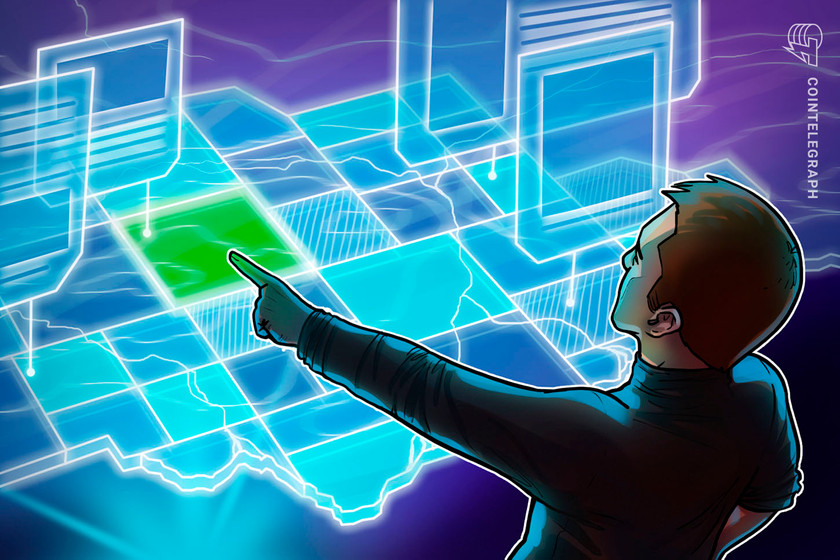Very few projects have come close to matching the security and decentralization of the Ethereum network. However, the inherent overhead of maintaining these two critical features has left Ethereum burdened by low throughput and prohibitively high costs. As a result, alternative layer-1 blockchains (L1s) — which normally sacrifice security and decentralization to provide scale — have emerged to nip away at Ethereum’s market share.
However, with Ethereum Virtual Machine (EVM)-equivalent scaling solutions bringing high throughput and low transaction fees to Ethereum itself, the question is: Do we really need these alternative L1 networks?
Despite a rocky year for the industry, Ethereum is still as strong as ever
The risks of sacrificing security and decentralization have been largely materialized with alternative L1s this year. These blockchains and their communities have been experiencing downtimes, censorship, large hacks and existential challenges caused by centralized token supply — i.e., huge portions of tokens held by malicious individuals. In the meantime, the Ethereum ecosystem has had another good year.
For starters, we’ve seen the long-awaited upgrade of the Ethereum blockchain from proof-of-work to proof-of-stake after its September “Merge.” This was important for multiple reasons, including that it led to a massive reduction in the energy usage of the network. It also set the stage for further scaling solutions in the months and years to come.
Related: Post-Merge ETH has become obsolete
There’s also the fact that Ethereum is still the leading network when it comes to the vast amount of decentralized applications, platforms and nonfungible tokens (NFTs) deployed on it, acting as the go-to blockchain for all Web3 developers. Essentially, the market hasn’t seen any of these competitors — often labeled “Ethereum killers” — actually “kill” Ethereum (or even harm it).
That said, it’s understandable why alternatives have proliferated in recent years. As it stands, Ethereum is deeply decentralized and secure, but it is also relatively slow and expensive to use.
Making Ethereum work
To mitigate the aforementioned challenges without significant tradeoffs, Ethereum has now effectively ceded execution to layer-2 solutions (L2s). Even Ethereum founder Vitalik Buterin has noted that layer-2 zero-knowledge (ZK) solutions are the future of Ethereum scaling. He has also acknowledged that further Ethereum improvements, such as sharding,…
Click Here to Read the Full Original Article at Cointelegraph.com News…
